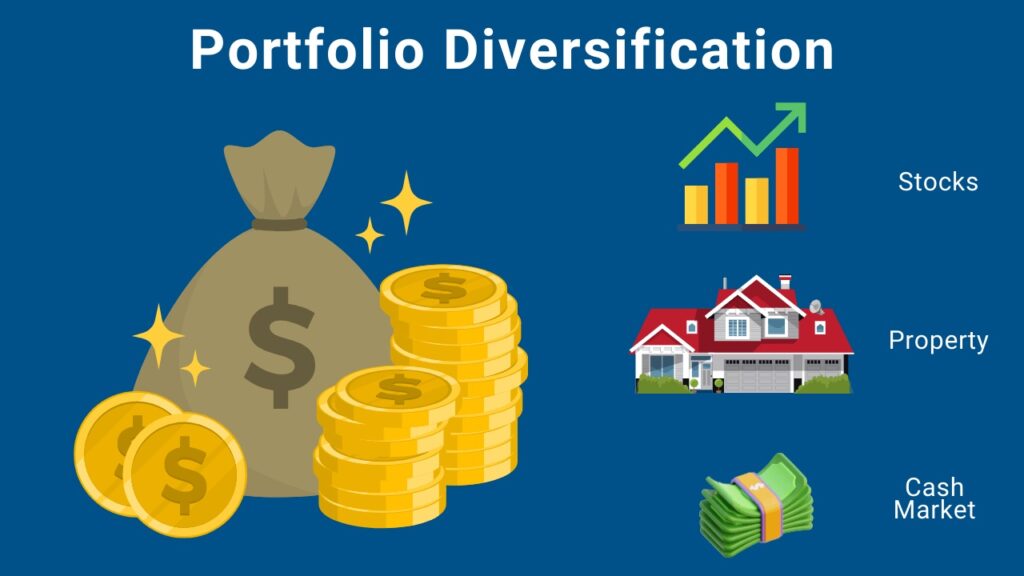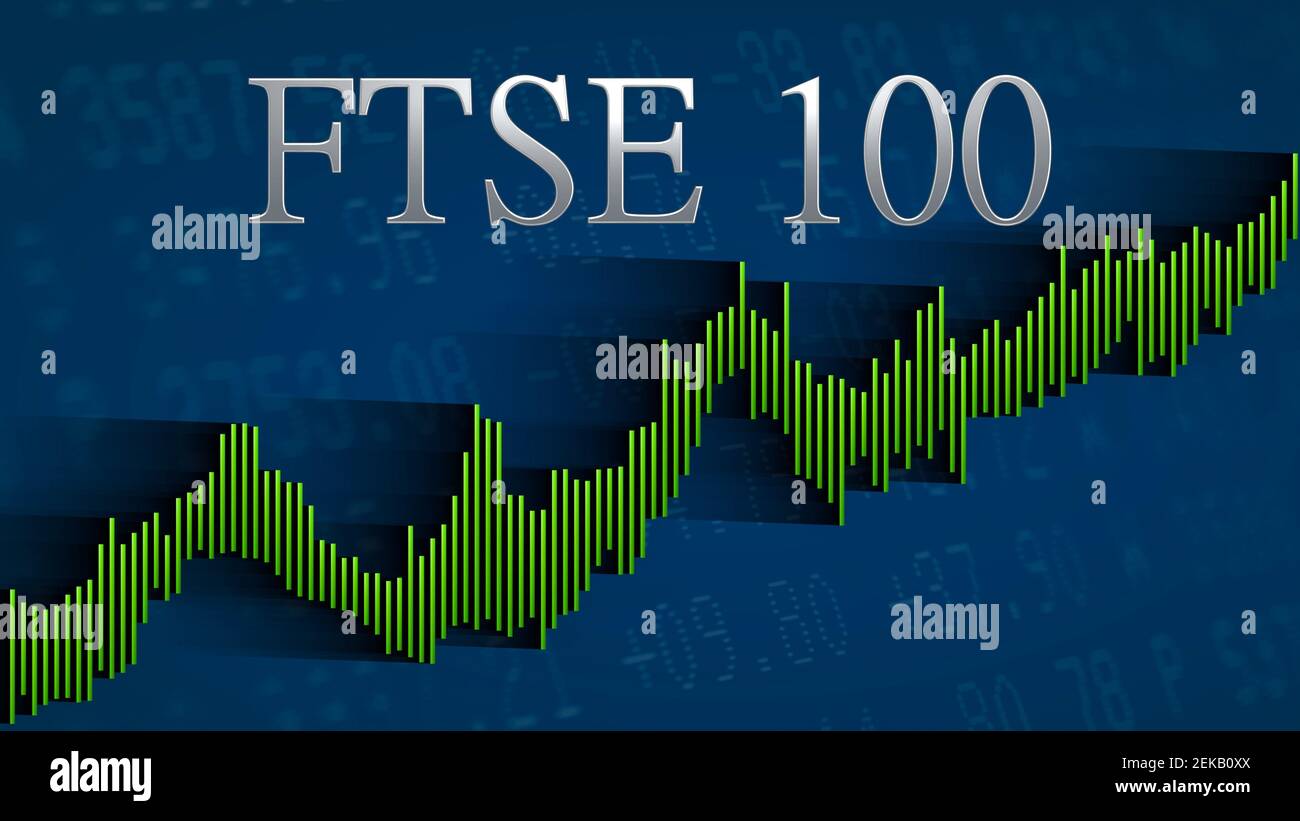
Nigel Green, Chef Executive Officer of global financial advisory deVere Group, on Tuesday argued that the volatile developments across the Middle East—culminating in a dramatic US-brokered ceasefire between Israel and Iran—underscore, yet again, is a powerful and urgent truth that diversification among investors is no longer an option, but a necessity.
Markets around the world have been on a knife’s edge for nearly two weeks, reacting sharply to every twist in the conflict.
Brent crude tumbled nearly 5% after Iran’s missile strike on the Al Udeid air base, interpreted by markets as a restrained signal rather than an escalation.
With confirmation of the ceasefire, European stocks have surged—Germany’s DAX jumped 2%, the French CAC 40 climbed 1.8%, and futures for the S&P 500 in the US are pointing higher. Yet energy stocks have taken a hit as oil prices slide.
According to Green, the “whiplash” in prices across commodities, equities, and safe-haven assets is not just a response to geopolitics—it’s a “flashing red warning light” for investors with narrow allocations.
“The events of the past two weeks are a textbook case for true portfolio diversification,” he says.
“One day oil is spiking on nuclear fears, the next it’s plunging on de-escalation. Stocks swing wildly depending on headlines out of Tehran or Tel Aviv. You can’t build or preserve wealth if your investment strategy is overly concentrated in one region, sector, or asset class. That’s not a strategy; that’s a gamble.”
As the conflict escalated, oil prices spiked on fears of supply disruption. Brent crude surged above $72 before crashing back to near $68 following signs of restraint and the ceasefire announcement. Defence stocks rallied while Middle East-exposed emerging markets sank. Gold flirted with $2,400 as investors scrambled for safety.
For investors, he continued, this sequence of events should trigger immediate action.
“Every global investor must ask themselves today: Am I protected against geopolitical shocks? Do I have meaningful exposure to counter-correlated assets? Am I truly diversified across sectors, geographies, currencies, and asset classes?”
He adds: “Diversification doesn’t mean owning five different tech stocks or parking all your money in a single bond fund. It means uncorrelated positions across the risk spectrum—think gold, infrastructure, dividend-paying stocks, green energy, and alternatives like real estate and digital assets.”
Nigel Green also warns that while the ceasefire offers relief, it doesn’t remove risk.
“This truce is fragile. It’s politically brokered and militarily uneasy. One wrong move and tensions could flare again, dragging markets down with them. That’s the danger of relying too heavily on a single narrative or region in your portfolio.”
The deVere CEO notes that while markets may breathe a sigh of relief in the short term, the deeper issue is structural instability in a critical region for energy, security, and global trade routes.
“The Middle East remains a geopolitical powder keg, and history tells us that calm doesn’t last.
“What does last is a properly diversified portfolio, one that absorbs these shocks without falling apart.”
With global equities rallying and oil prices sliding, some investors may be tempted to lean back into familiar strategies. Nigel Green says this would be a critical mistake.
“When markets are jittery, many investors double down on what they know—often increasing risk without realising it. What’s needed now is a measured, deliberate shift into broader exposure.”
He concludes: “You diversify when the skies are clear, so that you’re protected when the storm breaks.
“But after what we’ve just seen in the Middle East, the need for real diversification isn’t hypothetical, it’s immediate.”













